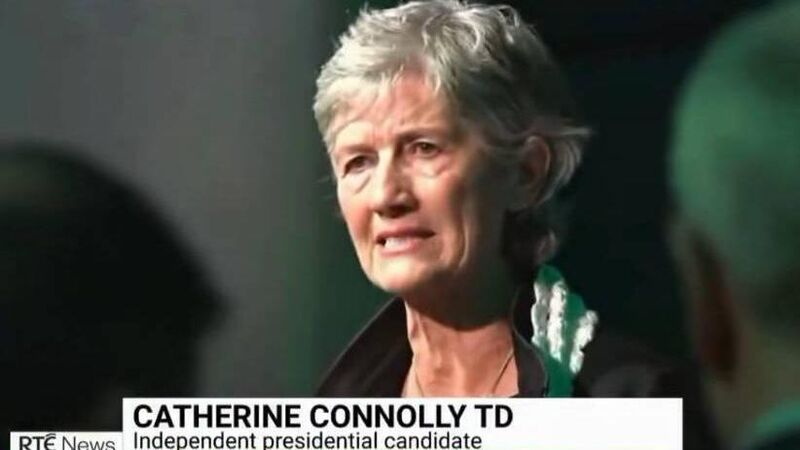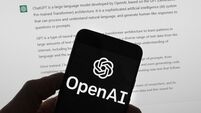Stopping deepfake videos from going viral is like 'whack-a-mole', says electoral commission CEO

Art O’Leary, chief executive of An Coimisiún Toghcháin, told a hearing of the Oireachtas AI committee on truth and democracy that his team spotted a realistic looking video being shared of President Catherine Connolly (pictured) prior to last month’s presidential election and took action with Meta to get the account that shared it suspended.
Stopping deepfake videos made with artificial intelligence from going viral online is like “whack-a-mole" and “hard to get ahead of”, the head of Ireland’s electoral commission has said.
Art O’Leary, chief executive of An Coimisiún Toghcháin, told a hearing of the Oireachtas AI committee on truth and democracy that his team spotted a realistic looking video being shared of President Catherine Connolly prior to last month’s presidential election and took action with Meta to get the account that shared it suspended.













